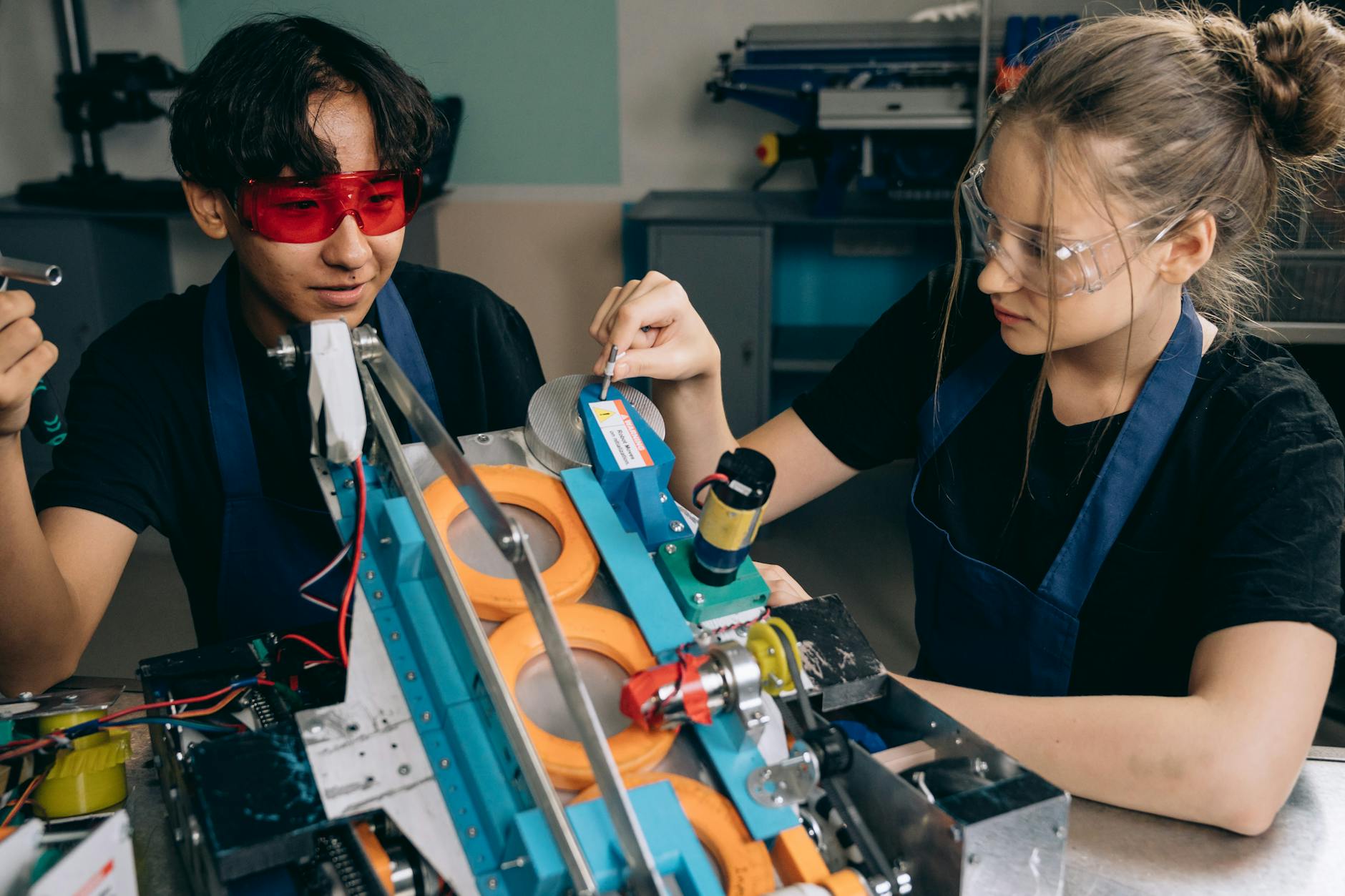
Productivity Tips for Students
As a student, juggling various responsibilities such as classes, assignments, extracurricular activities, and personal commitments can be overwhelming. However, mastering productivity techniques can help you manage your time effectively and achieve more with less stress. In this article, we’ll explore some practical productivity tips tailored specifically for students to enhance their academic performance and overall well-being.
Introduction to Productivity for Students
Productivity for students encompasses the ability to efficiently manage time, prioritize tasks, and maintain focus to achieve academic goals while also nurturing personal growth. It involves striking a balance between academic demands and other aspects of student life, such as social activities and self-care.
Setting Goals
One of the foundational steps towards enhancing productivity is setting clear and achievable goals. Whether it’s acing an exam, completing a project, or pursuing a personal passion, establishing SMART (Specific, Measurable, Achievable, Relevant, Time-bound) goals provides a roadmap for success.
Time Management Techniques
Effective time management is essential for maximizing productivity. Prioritize tasks based on urgency and importance, utilize techniques like the Pomodoro Technique to break study sessions into manageable intervals, and employ time blocking to allocate dedicated time slots for specific activities.
Effective Study Environment
Creating an optimal study environment is crucial for concentration and productivity. Find a quiet and well-lit space, free from distractions such as electronic devices or noisy surroundings. Organize study materials and ensure ergonomic comfort to facilitate focused learning.
Healthy Habits for Productivity
Maintaining physical and mental well-being is integral to sustained productivity. Prioritize sufficient sleep to enhance cognitive function and memory consolidation. Fuel your body with nutritious meals and stay hydrated throughout the day. Incorporate regular exercise and breaks into your routine to refresh your mind and body.
Utilizing Technology Wisely
While technology can be a valuable tool for learning, it can also be a significant source of distraction. Leverage productivity apps and tools such as task managers or digital calendars to organize your schedule and track progress. However, be mindful of excessive screen time and implement strategies to minimize digital distractions.
Stress Management
Stress is a common challenge for students, but effective stress management techniques can help mitigate its impact. Identify stress triggers and employ coping mechanisms such as deep breathing exercises, mindfulness meditation, or engaging in hobbies to alleviate tension and promote relaxation.
Seeking Help When Needed
Don’t hesitate to seek assistance when faced with academic challenges. Whether it’s reaching out to professors for clarification, joining study groups, or seeking the support of tutors, leveraging available resources can enhance your understanding and performance in various subjects.
Maintaining Balance
While academic pursuits are important, it’s essential to maintain a healthy work-life balance. Allocate time for leisure activities, socializing with friends, and pursuing hobbies to prevent burnout and nurture overall well-being.
Overcoming Procrastination
Procrastination can hinder productivity and lead to last-minute cramming or subpar work quality. Identify the root causes of procrastination, whether it’s fear of failure or perfectionism, and implement strategies such as breaking tasks into smaller steps or setting deadlines to overcome procrastination tendencies.
Review and Reflect
Regularly review your progress towards academic and personal goals, and reflect on what strategies are yielding positive results and what areas need improvement. Adjust your approach accordingly to optimize productivity and effectiveness.
Staying Motivated
Maintaining motivation amidst academic challenges requires perseverance and self-awareness. Celebrate small victories, visualize your long-term goals, and surround yourself with supportive peers and mentors to stay motivated and focused on your journey.
Handling Burnout
Recognize the signs of burnout, such as chronic fatigue or feelings of disillusionment, and take proactive steps to prevent its onset. Practice self-care, delegate tasks when possible, and prioritize activities that bring joy and fulfillment to maintain a healthy balance between academic and personal demands.
Building Consistency
Consistency is key to long-term success in productivity endeavors. Cultivate habits that align with your goals, whether it’s establishing a regular study routine, maintaining a healthy lifestyle, or seeking continuous improvement, to sustain productivity over time.
Conclusion
Enhancing productivity as a student requires a combination of effective time management, healthy habits, stress management techniques, and self-awareness. By implementing the productivity tips outlined in this article and prioritizing personal well-being, students can optimize their academic performance and overall quality of life.
Continuous Improvement: Adopting a Growth Mindset for Long-Term Productivity Gains
Saying No: Learning to Prioritize and Decline Non-Essential Tasks
Setting Realistic Deadlines: Strategies for Meeting Your Goals on Time
The Importance of Self-Care in Productivity: Balancing Work and Well-being
Unique FAQs
- How can I balance academics and extracurricular activities effectively?
- Prioritize tasks based on importance and allocate dedicated time slots for both academic and extracurricular pursuits.
- What are some effective ways to minimize digital distractions while studying?
- Utilize website blockers or apps that limit access to distracting websites and establish designated periods for focused studying without electronic devices.
- Is multitasking an effective strategy for boosting productivity?
- While multitasking may seem efficient, it often leads to decreased concentration and lower-quality work. Instead, focus on one task at a time to maximize productivity and effectiveness.
- How can I overcome the feeling of overwhelm when faced with a heavy workload?
- Break down tasks into smaller, manageable steps, prioritize based on urgency, and utilize techniques like time blocking to allocate sufficient time for each task.
- What should I do if I consistently struggle with procrastination?
- Identify the underlying reasons for procrastination, whether it’s fear of failure or lack of motivation, and implement strategies such as setting deadlines, creating accountability, and seeking support from peers or mentors.






















